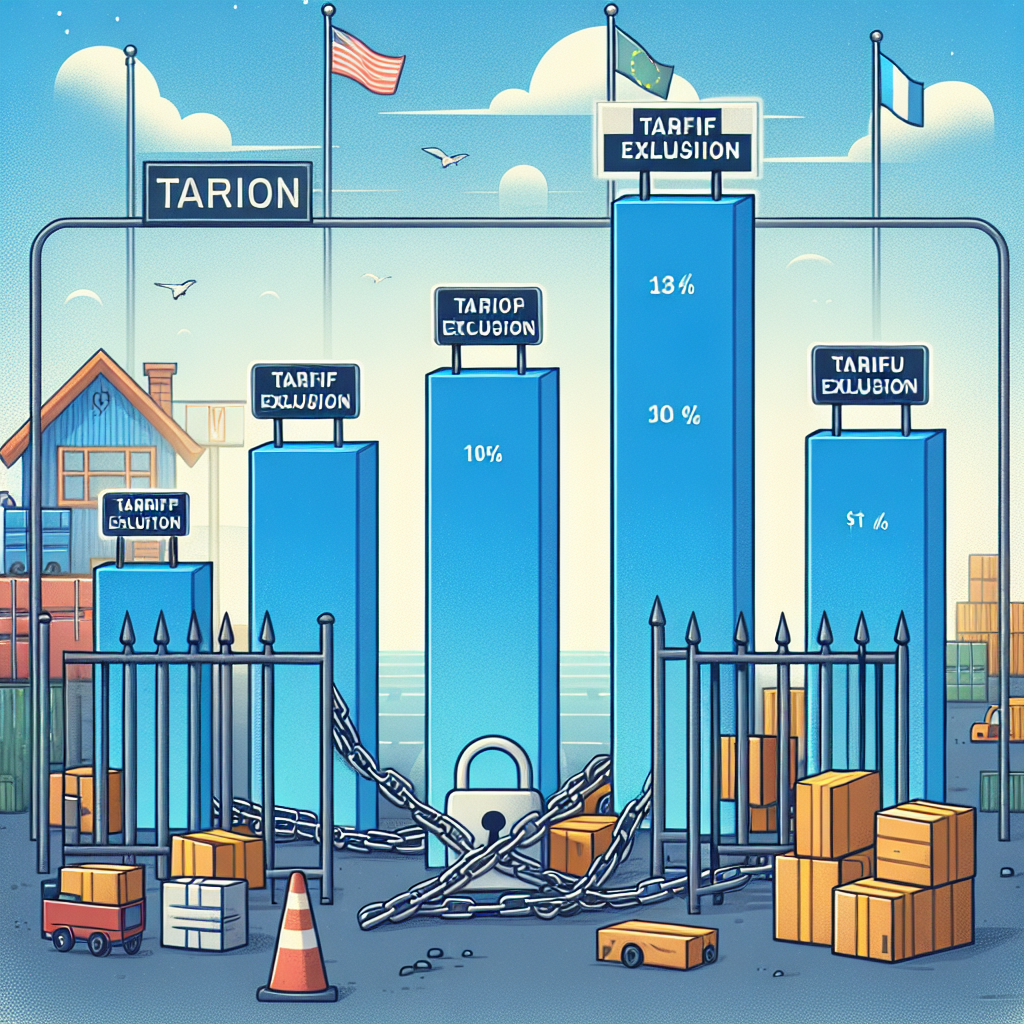Brazil Hits Back: Reciprocal Measures Against U.S. Tariffs
Brazilian President Luiz Inacio Lula da Silva convened a meeting to strategize against proposed U.S. tariffs on Brazilian imports, set by President Trump. The tariffs, linked to Brazil's treatment of former President Jair Bolsonaro, could impact U.S. food prices. Brazilian markets reacted with significant losses.

In a swift response to U.S. President Donald Trump's announcement of a 50% tariff on Brazilian imports, Brazilian President Luiz Inacio Lula da Silva called an emergency meeting with his cabinet on Thursday. The meeting focused on crafting a strategic response to the significant trade policy shift.
Lula's government announced plans to establish a working group to determine Brazil's course of action. The Brazilian President, who had already consulted with his ministers late Wednesday, indicated via social media that reciprocal trade measures are on the table. Trump's tariff decision is reportedly linked to the ongoing trial of Brazil's former President Jair Bolsonaro, under Supreme Court scrutiny for allegedly plotting a coup.
This development poses potential challenges for U.S. markets, given Brazil's role as a major agricultural exporter. Brazilian exports such as coffee, sugar, and ethanol contribute significantly to the U.S. supply chain, and the tariffs could lead to higher food prices. In financial markets, U.S.-listed Brazilian companies, including Itau Unibanco and Banco Santander, saw their shares fall sharply on the news.
(With inputs from agencies.)










